In a recent news report covering the Public Consultation Response Report, the Gambling Regulatory Authority of Ireland thanked those who participated in its consultation, aiming to create licensing certificates valid for a minimum of one year.
The statement also indicates that the plan is to issue 1-year licenses with a 3-year validity period on any licensing certificates.
Reading between the lines, renewals will be required every 3 years, while exiting the Irish online gambling market after the initial 1-year period is up will incur no penalty.
As per the Gambling Regulatory Authority of Ireland’s (GRAI) comments on its news page, these periods are satisfactory for the time being.
However, not all those who responded to the consultation questions feel that a 3-year term is long enough. In fact, 8 out of 11 responses regarding the duration of licensing certificates indicate that a 3-year term is too short.
Those not supportive of the 3-year term believe that it would create an administrative burden and that the GRAI should consider that other licensing authorities within the EU offer longer terms.
Source: Our opinions, facts and figures for this news report game directly from the GRAI news report – Ireland’s ‘Public Consultation Response Report’.
GRAI Licensing Fees Also Discussed
Additionally, fees were discussed, although no exact figures were provided. However, the report does say that the fee structure is subject to future review.
One point the GRAI specifically made was that, despite its collaboration with the UK Gambling Commission, Ireland’s regulators understood that the application fee structure is not comparable to the UK’s due to differences between the two licensing frameworks.
Here’s a summary of what was discussed regarding the fees in the GRAI consultation response:
- Application Fee Structure: Many stakeholders sought greater clarity on how fees would be calculated, primarily due to confusion over terms such as ‘turnover’.
- Lack of Full Fee Framework: Respondents noted it was difficult to fully assess the fees without knowing details about renewal fees and ongoing charges.
- Comparisons to Other Jurisdictions: Several submissions compared GRAI’s proposed fees to the UK and other EU markets. GRAI responded that such comparisons are not valid because:
- Ireland’s new regulator has broader responsibilities than the UK Gambling Commission.
- The Irish model is self-financing, unlike the previous excise-based system.
- Differences in market size, tax policies, and licensing scope make cross-jurisdiction comparisons inaccurate.
- Premises Fees: GRAI noted that premises-based licences (e.g., for betting shops) will include separate premises fees, and this will be clarified in future regulations.
- Proportionality: GRAI emphasised that all fees will be proportionate to the size and complexity of the operator and aligned with regulatory costs.
The full report issued by the GRAI is available here – Public Consultation Response Report.
Other Consultation Topics Covered by the GRAI
Overall, the consultation responded to feedback from its recent public consultation on application fees, licence durations, and additional conditions under the Gambling Regulation Act 2024. Most responses were supportive, though some raised concerns about licence terms and fee clarity.
The proposed regulations will be formally submitted through the EU TRIS system, with GRAI committing to ongoing stakeholder engagement and clear guidance moving forward.
Casinoplusbonus Opinion on a 3-Year GRAI Licensing Validity
From a player’s perspective, a 3-year GRAI licensing certificate does seem a little short. I would prefer to play at an online casino or bet on a sportsbook that I know will remain in the Irish market for longer than three years.
With that being said, Ireland’s online gambling licensing system, when it is available, will only just be coming online. Even if the FRAI gave out 5-year terms, there is no guarantee that in a freshly launched online gambling market, any of the brands that eventually do enter Ireland’s domestically regulated gambling sphere will last that long.
For example, Fitzdares, Unibet (Kindred), and Coolbet have all left the Ontario iGaming market in 2025, 2024, and 2023, respectively. The Ontario online gambling market only began in April 2022. If I were a member of any of these three platforms, I would be frustrated. However, realistically, these brands were not generating enough revenue, and so they ultimately pulled the plug. I expect the same will happen over time within the new Irish-regulated online gambling zone.
Regardless of which country an online gambling operator chooses to operate in or the validity period of its licensing certificate, regulatory environments are notably competitive and costly. It’s only natural that various operators reevaluate their position or withdraw.
Find more news covering Irish online gambling here on Casinoplusbonus via our Gambling News Ireland tag.

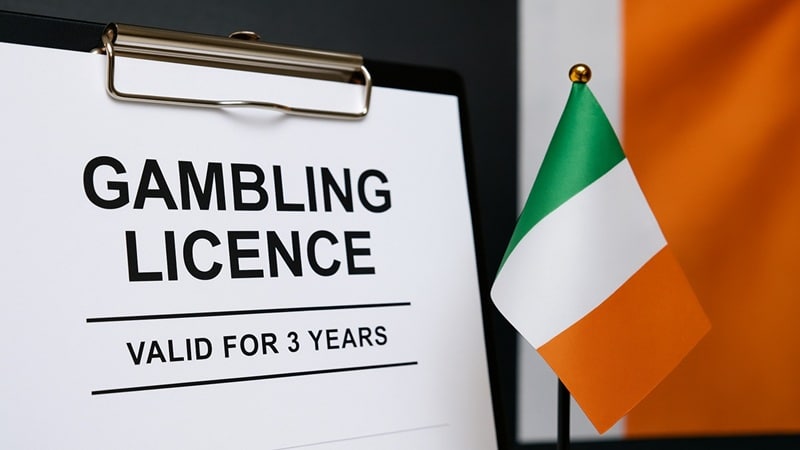
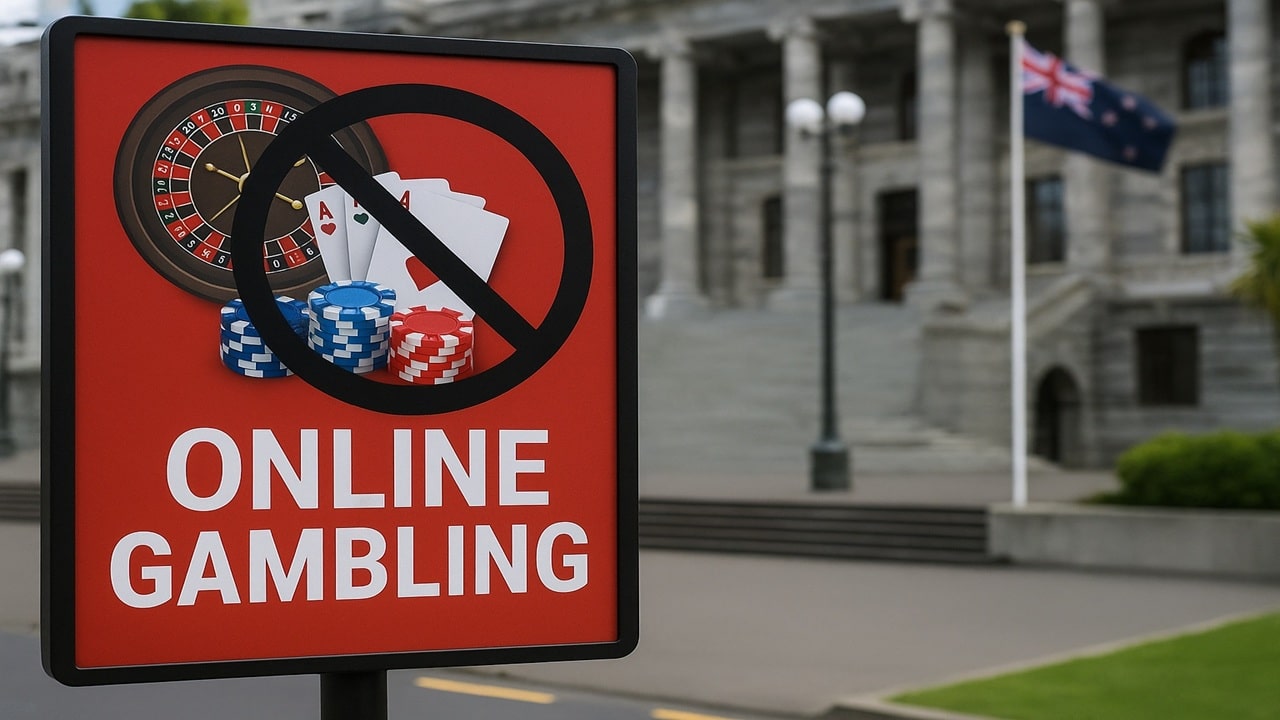






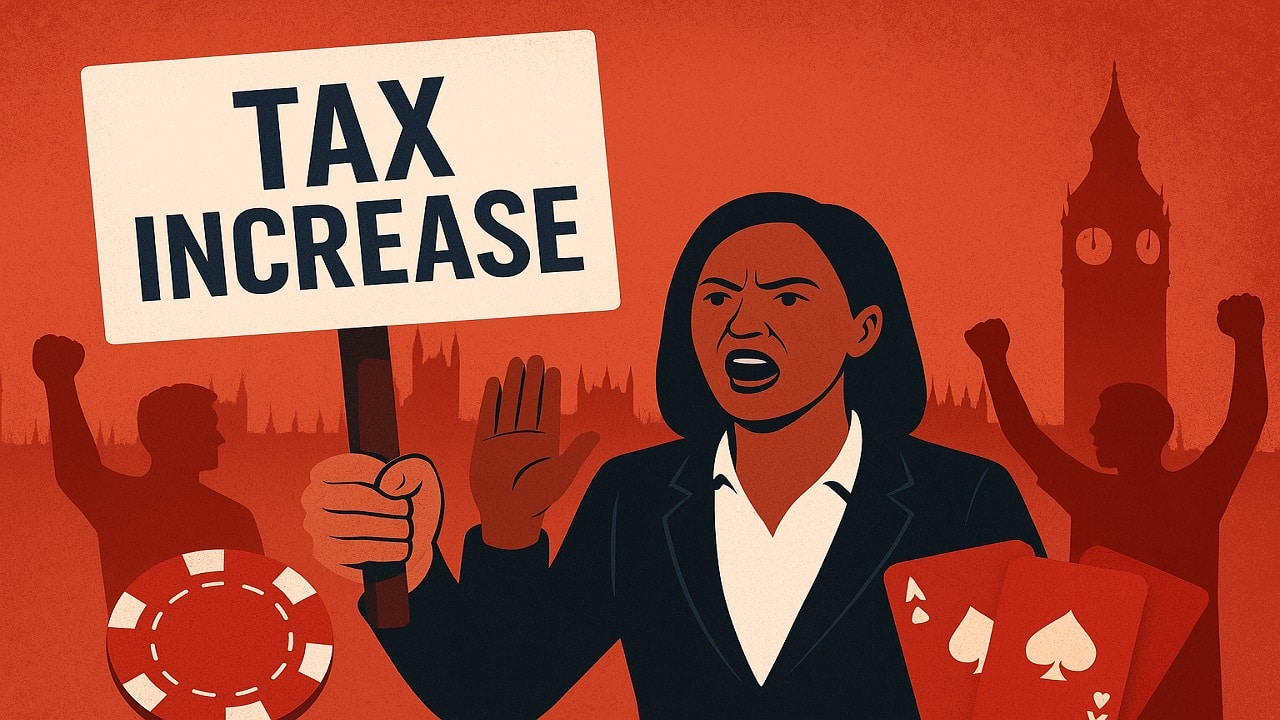
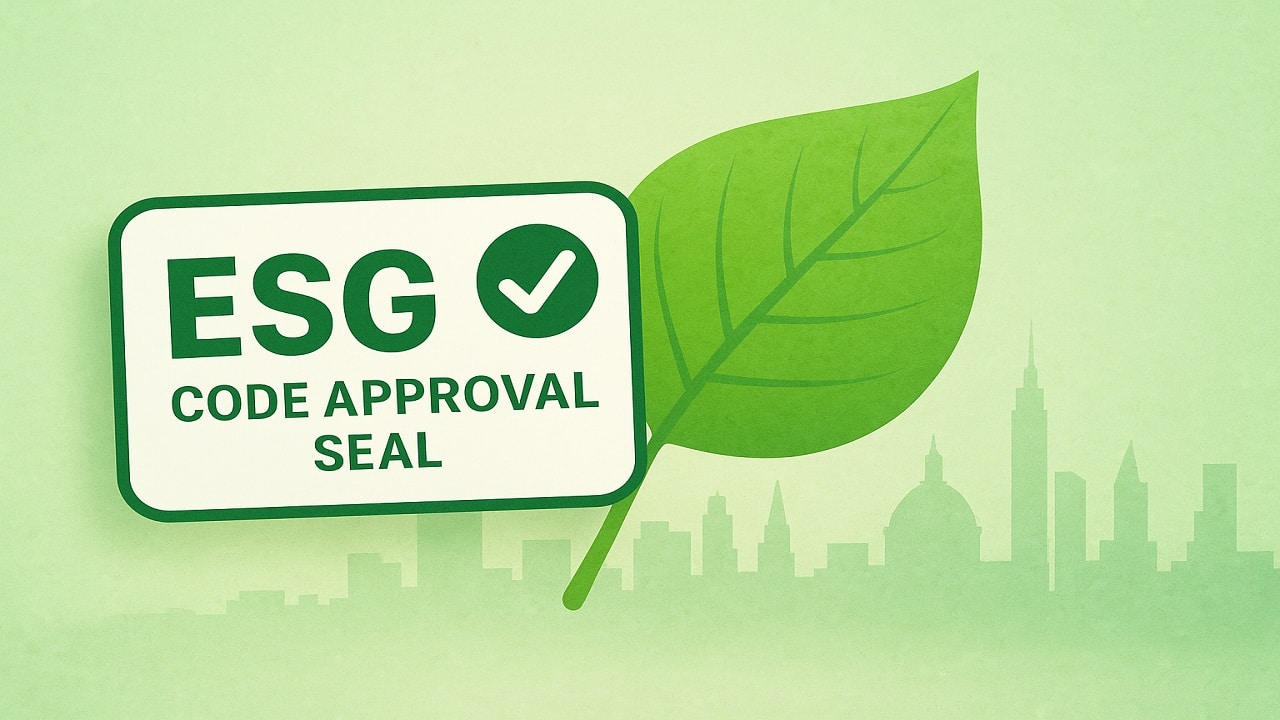

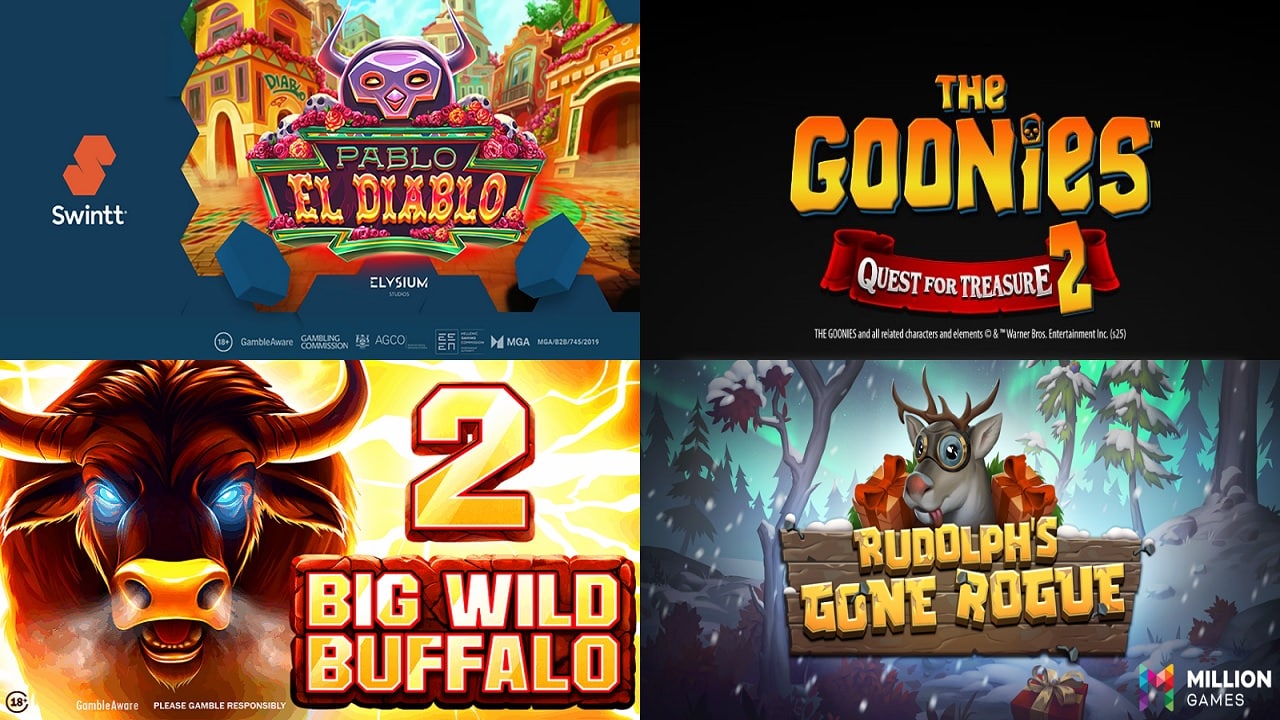

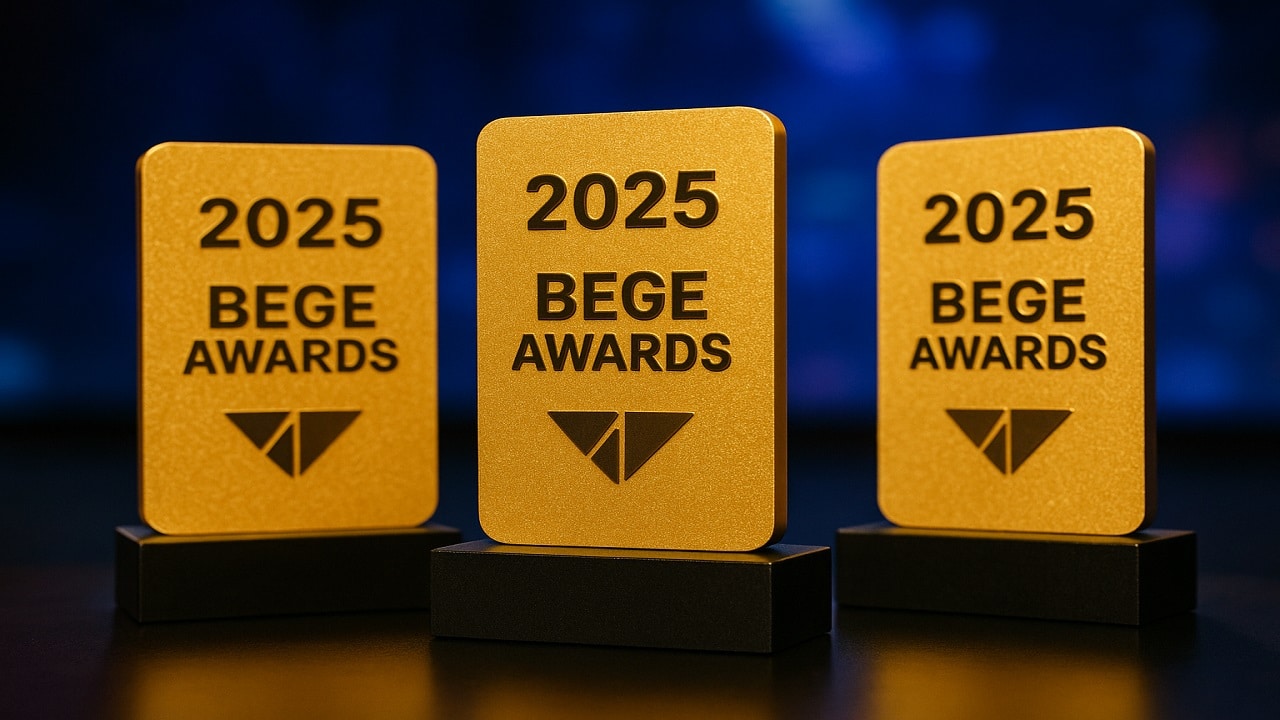

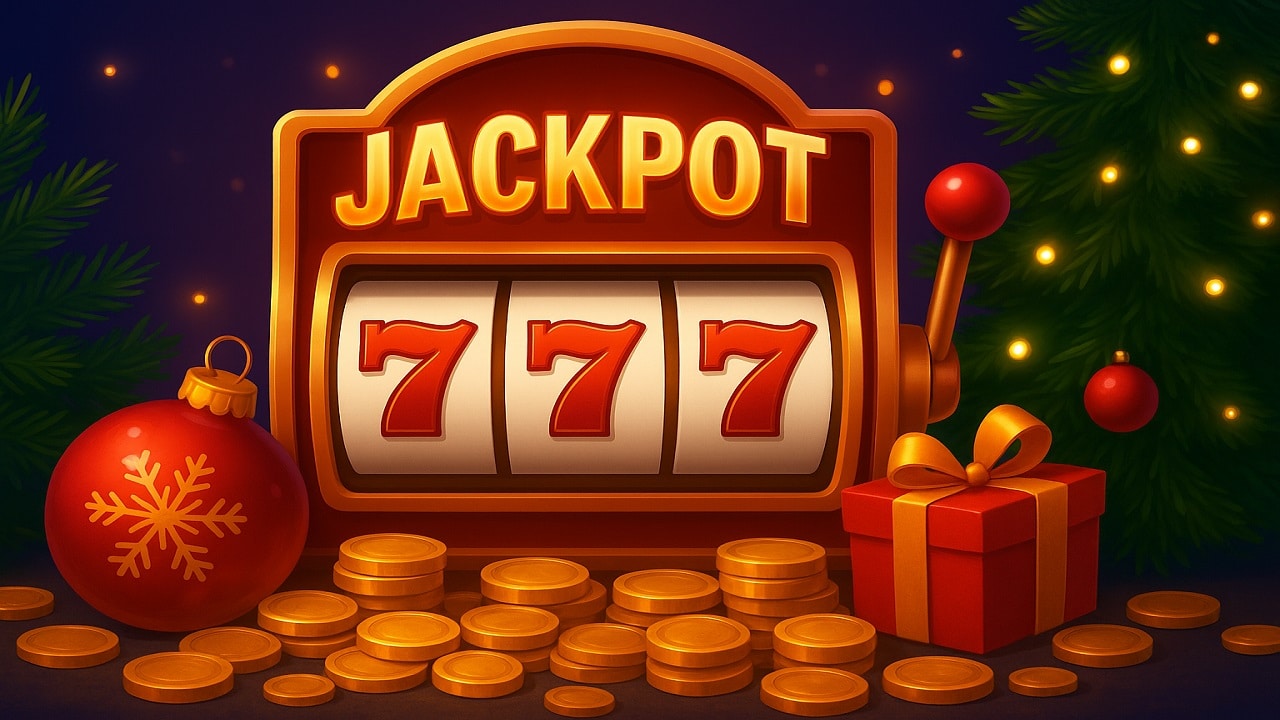











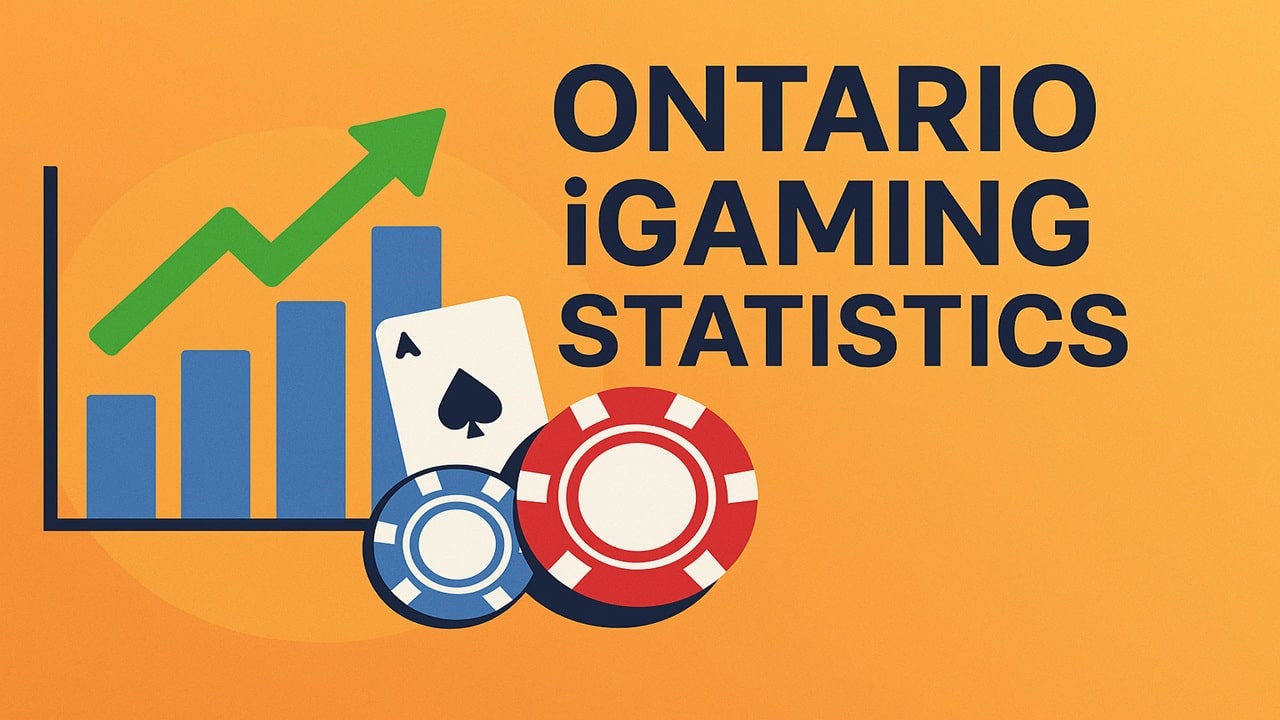



Leave A Comment